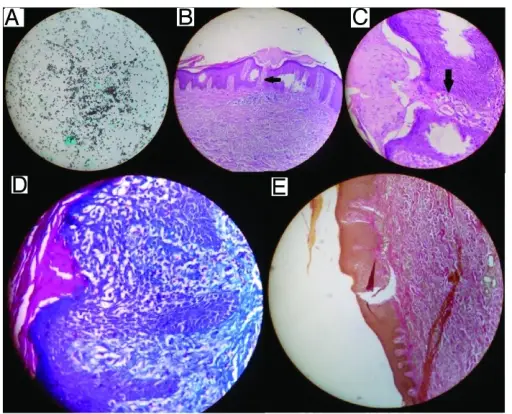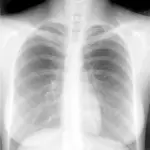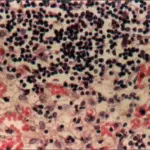Addison disease is an uncommon disorder that occurs when the adrenal glands produce too little cortisol and, often, too little aldosterone.
What is the Pathology of Addison Disease?
The pathology of Addison disease is:
-Etiology: The cause of Addison disease is damage to the adrenal glands, resulting in not enough of the hormone cortisol and, often, not enough aldosterone as well.
-Pathogenesis: The sequence of events that lead to Addison disease is autoimmune attack of the adrenal gland.
-Morphology: The morphology associated with Addison disease shows destruction of the outer layer of the adrenal glands.
-Histology: The histology associated with Addison disease shows abnormal adrenal glands.
How does Addison Disease Present?
Patients with Addison disease typically are female, and present at multiple ages. The symptoms, features, and clinical findings associated with Addison disease include extreme fatigue, weight loss, and decreased appetite, hyperpigmentation of the skin, low blood pressure, even fainting, salt craving, hypoglycemia, nausea, diarrhea or vomiting, abdominal pain, muscle or joint pains, irritability, depression or other behavioral symptoms, and body hair loss or sexual dysfunction in women. The appearance of dark patches on the skin is a common symptom of Addison’s disease and the discoloration develops over a variety of areas, including scars. elbows, knees, and joints.
How is Addison Disease Diagnosed?
Addison disease is diagnosed with ACTH levels and imaging studies.
How is Addison Disease Treated?
Addison disease is treated with hormone replacement therapy which include oral corticosteroids such as hydrocortisone, prednisone, methylprednisolone, or fludrocortisone acetate.
What is the Prognosis of Addison Disease?
The prognosis of Addison disease is good if medically managed.



